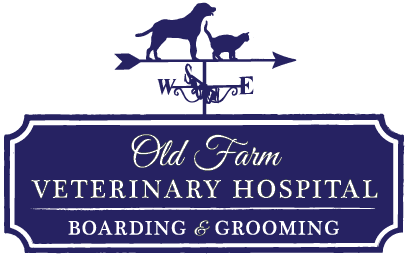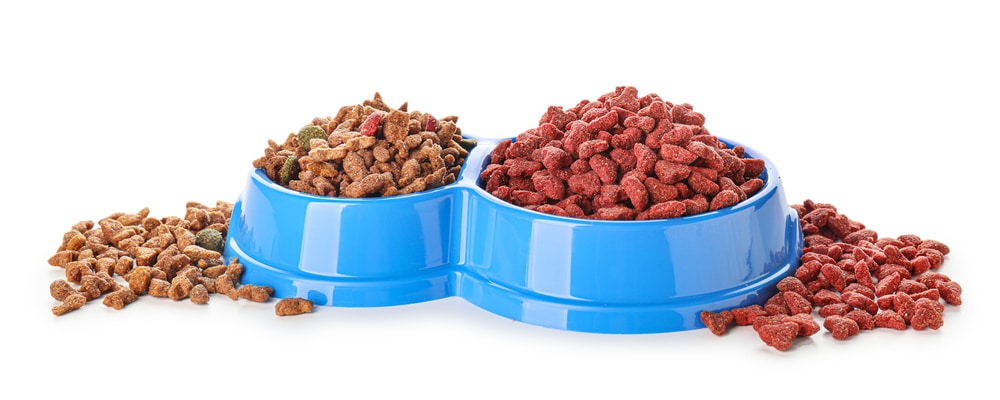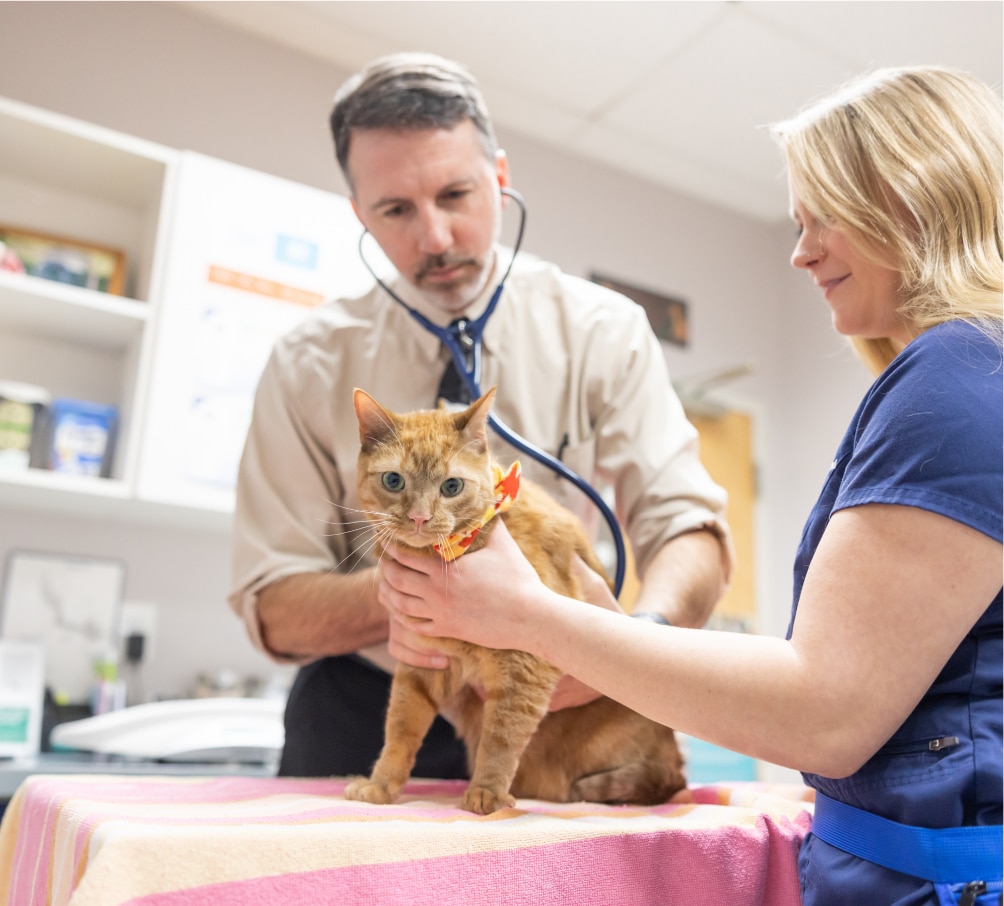Ensuring your pet’s health and well-being starts with proper nutrition. Just like humans, pets require a balanced diet to thrive. Whether you have a dog, cat, bird, or another type of pet, following these nutritional tips can help keep them happy and healthy.
1. Understand Your Pet’s Nutritional Needs
Different pets have different nutritional requirements. Dogs, for instance, are omnivores and need a balanced diet of proteins, fats, carbohydrates, vitamins, and minerals. Cats, on the other hand, are obligate carnivores and require a higher protein diet with specific nutrients like taurine, which is essential for their heart and eye health. Research your pet’s specific dietary needs or consult your veterinarian for personalized advice.
2. Choose High-Quality Pet Food
Invest in high-quality pet food that meets your pet’s nutritional needs. Look for products that list meat or fish as the first ingredient rather than fillers like corn or wheat. Avoid foods with artificial additives, preservatives, and excessive sugars. Premium pet foods often provide a better balance of essential nutrients, contributing to your pet’s overall health.
3. Monitor Portion Sizes
Overfeeding can lead to obesity, which is a significant health concern for pets. Follow the feeding guidelines on your pet’s food packaging, but also consider factors like age, size, activity level, and health status. Regularly weigh your pet and adjust their food portions accordingly. Consult your vet to determine the ideal weight and portion size for your pet.
4. Provide Fresh Water
Always ensure your pet has access to fresh, clean water. Hydration is crucial for digestion, nutrient absorption, and overall health. Change the water daily and clean the water bowl to prevent the growth of harmful bacteria.
5. Incorporate Fresh Foods
While high-quality commercial pet foods are designed to be nutritionally complete, incorporating fresh foods can provide additional health benefits. Dogs and cats can enjoy small amounts of fruits and vegetables like carrots, blueberries, and pumpkin, which offer vitamins, fiber, and antioxidants. However, always check which human foods are safe for your pet, as some can be toxic.
6. Avoid Harmful Foods
Certain foods that are safe for humans can be harmful or even deadly to pets. For example, chocolate, grapes, raisins, onions, garlic, and certain artificial sweeteners like xylitol can cause serious health issues. Be cautious about what your pet has access to and educate yourself on toxic foods.
7. Consider Supplements Carefully
While most pets get their nutrients from a balanced diet, some may benefit from supplements, especially if they have specific health conditions. Omega-3 fatty acids, for example, can promote a healthy coat and reduce inflammation. Always consult your vet before adding any supplements to your pet’s diet to ensure they are necessary and safe.
8. Regular Check-ups
Regular veterinary check-ups are essential for monitoring your pet’s health and dietary needs. Your vet can provide personalized nutrition advice, check for any deficiencies, and adjust your pet’s diet as needed.
Professional Guidance for Pet Owners in Frederick, Md
Maintaining your pet’s well-being through proper nutrition involves understanding their specific dietary needs, choosing high-quality food, monitoring portions, ensuring hydration, incorporating fresh foods, avoiding harmful substances, and consulting your vet regularly. At Old Farm Veterinary Hospital in Frederick, Maryland, we want to make sure your pets are as healthy and happy as they can be. We’re happy to answer your questions about your pet’s diet and make recommendations for the best possible approach. Contact us today!



